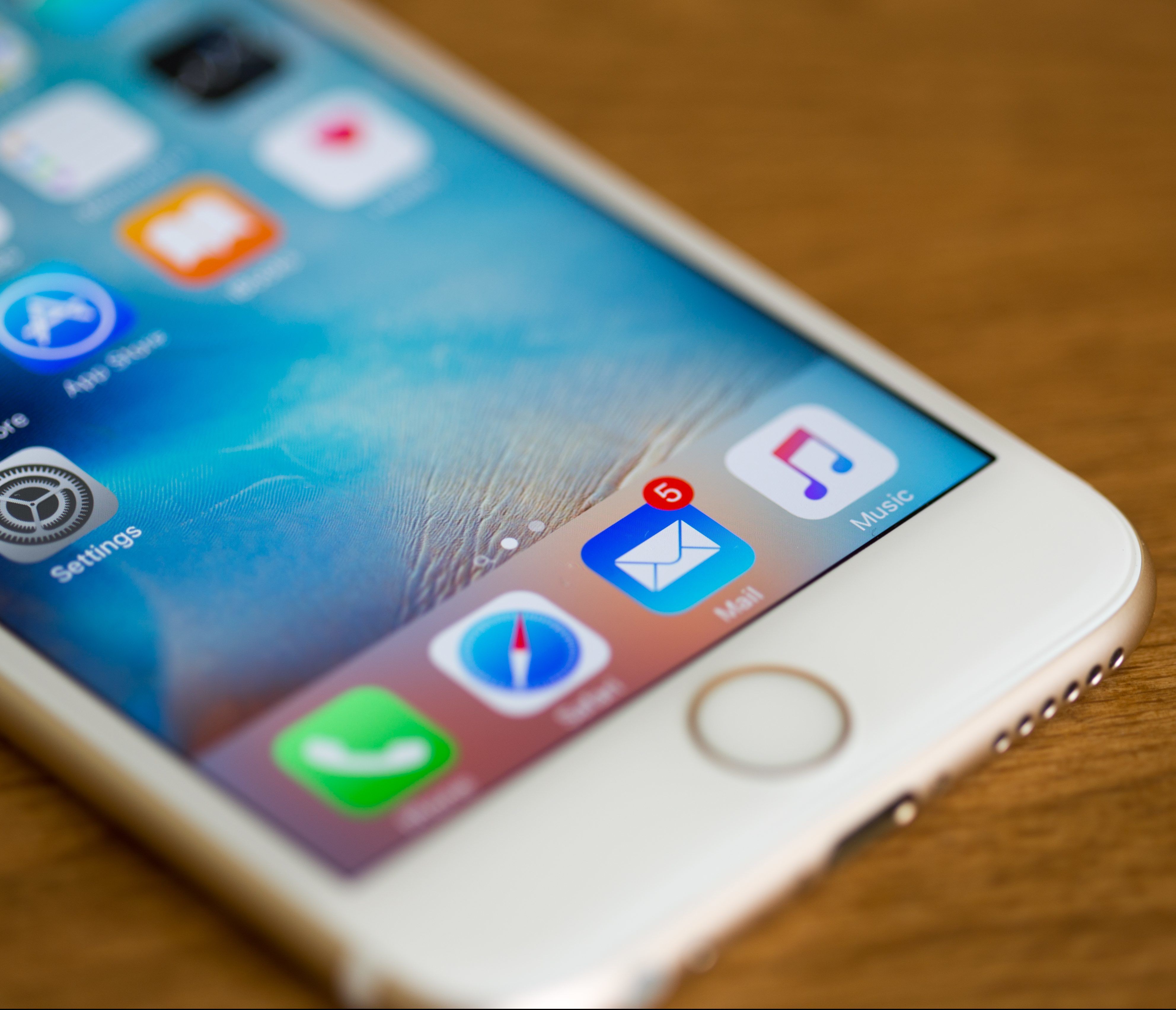There’s at least one good reason why you should take a break from your smartphone—it can put you in a bad mood. A new study out of Britain shows that one-third of notifications you receive by phone can adversely affect your emotions.
Researchers from Nottingham Trent University conducted a small study involving 50 volunteers. Users downloaded an app developed by researchers called NotiMind that recorded their digital notifications as well as their self-reported moods. They monitored participants over a five-week period while they received over 500,000 alerts from their smart devices.
Of these alerts, 32 percent caused recipients to react negatively. The alerts made them feel a range of emotions—from hostility and nervousness to fear and shame.
Interestingly, alerts that triggered some of the participants’ worst moods were not sent by people. Instead, they involved actions such as software updates and the availability of wifi. Notifications from work also caused mood changes among smartphone users, particularly if there was more than one.
On the flip side, alerts from friends made participants happier. Dr. Eiman Kanjo of the Computing and Technology Department explained: “These digital alerts continuously disrupt our activities through instant calls for attention. While notifications enhance the convenience of our life, we need to better understand the impact their obsessive use has on our well-being. It is clear that social notifications make people happy, but when they receive lots of work-related and or non-human notifications, the opposite effect occurs.”
The findings demonstrate that it’s possible to gauge an individual’s mood based on what kind of information they ingest. The researchers believe this knowledge could be used to limit certain notifications to a person feeling sad or to increase certain alerts to improve someone’s mood.
Psychologist Dr. Daria Kuss from Nottingham Trent University’s International Gaming Research Unit, commented: “Although notifications serve an important purpose for smartphone users, the number of apps which compete for attention has grown significantly over the years. People often respond quickly, if not immediately to notifications, making them particularly disruptive. Our findings could open the door to a wide range of applications in relation to emotion awareness on social and mobile communication.”
It doesn’t take too much work to program a smartphone to limit the number and type of notifications you receive. After deciding which apps are most and least important, go into the notification setting in each one to customize it. Choose whether you want to receive a vibration, sound, or badge on the home screen. You can also create a different notification sound for each app so you know exactly what type of alert it is before you respond.


